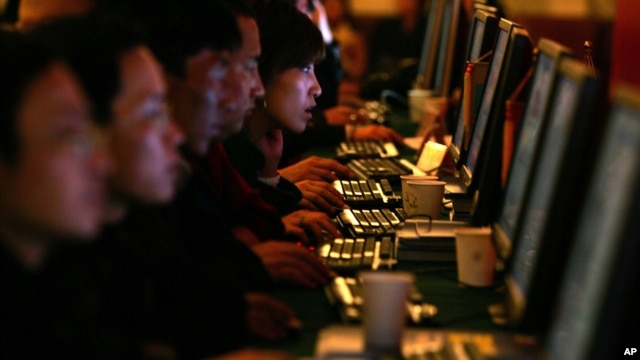By Brian Lanciault
Impunity Watch Reporter, Asia
NEW DELHI, India– Indian and Pakistani troops opened fire with machine guns and mortars. The gun fight over the line dividing territorial claims in the Kashmir region have wounded at least 12 people — including children — in the middle of what appears to be some of the worst tension in a decade over the disputed region.

Analysts believe that it is too early to determine whether the firing signals a more serious conflict between India and Pakistan. The two nuclear-armed neighbor countries have an extensive history of animosity, with particularly strong focus on the Kashmir dispute. Vivek Katju, a retired Indian diplomat, believes the violence could be an attempt to further increase tensions along the Kashmir dividing line to garner international attention to the conflict.
A 2003 cease-fire between India and Pakistan has, for the most part, held such tensions at bay, although there have been sporadic violations. In recent days, however, skirmishes in Kashmir have escalated significantly.
Both India and Pakistan reported an increase in the number of cross-border attacks since the current Pakistani and Indian prime ministers held their first face-to-face meeting last month in New York and agreed on the need to reduce tensions.
The latest violence in the Jammu and Kashmir region, which borders Afghanistan and China, began Thursday night. At approximately two dozen military posts along the India-Pakistan dividing line, gun-fire erupted into violent skirmishes. As in most cases of firing in the area, India and Pakistan accused each other of initiating the fighting, with neither side conceding any sort of responsibility.
Shantmanu, an Indian civil administrator in Kashmir who uses only one name, said 10 civilians, including four children, were wounded.
Pakistani military officials, speaking from Islamabad, said Indian troops fired first, wounding two civilians. The officials spoke on condition of anonymity, in line with military policy.
Pakistani Foreign Ministry spokesman Aizaz Ahmad Chaudhry called the cease-fire violations “a matter of great concern.”
On Wednesday, India accused Pakistani troops of firing guns and mortars on at least 50 Indian border posts overnight in Kashmir, calling it the most serious cease-fire violation in a decade. There has yet to be confirmation of these accusations.
Pakistani Prime Minister Nawaz Sharif raised concerns about Kashmir tensions during a meeting with President Barack Obama at the White House on Wednesday. Obama praised Sharif for seeking to end tensions between Pakistan and India.
“Billions of dollars have been spent on an arms race in response to these tensions,” Obama said. “Those resources could be much more properly invested in education (and) social welfare programs on both sides of the border between India and Pakistan.”
Sharif requested for the United States to act as a mediator in the Kashmir conflict, but Obama flatly rejected the idea.
India and Pakistan have fought two wars over control of the Jammu and Kashmir region, which is divided between them and claimed by both.
A 1948 ceasefire split control over the region along a cease-fire line that is now called the “Line of Control,” and remains a hot spot for conflict.
India regularly accuses Pakistan of supporting Kashmiri rebels, who have been fighting on the Indian side since 1989 for independence or a merger with Pakistan.
An estimated 68,000 people have been killed over the course of the conflict, though most resistance is now in the form of street protests. Pakistan denies giving any backing to the rebels beyond moral support.
For more information, please see:
Al Jazeera– Kashmir tensions rise as India, Pakistan exchange gunfire — 25 October 2013
Deseret News– India, Pakistan exchange gunfire over border— 25 October 2013
Washington Post– India, Pakistan exchange gunfire over border in disputed Kashmir region— 25 October 2013
BBC News– Kashmir: India says eight civilians injured in Pakistan firing— 25 October 2013



